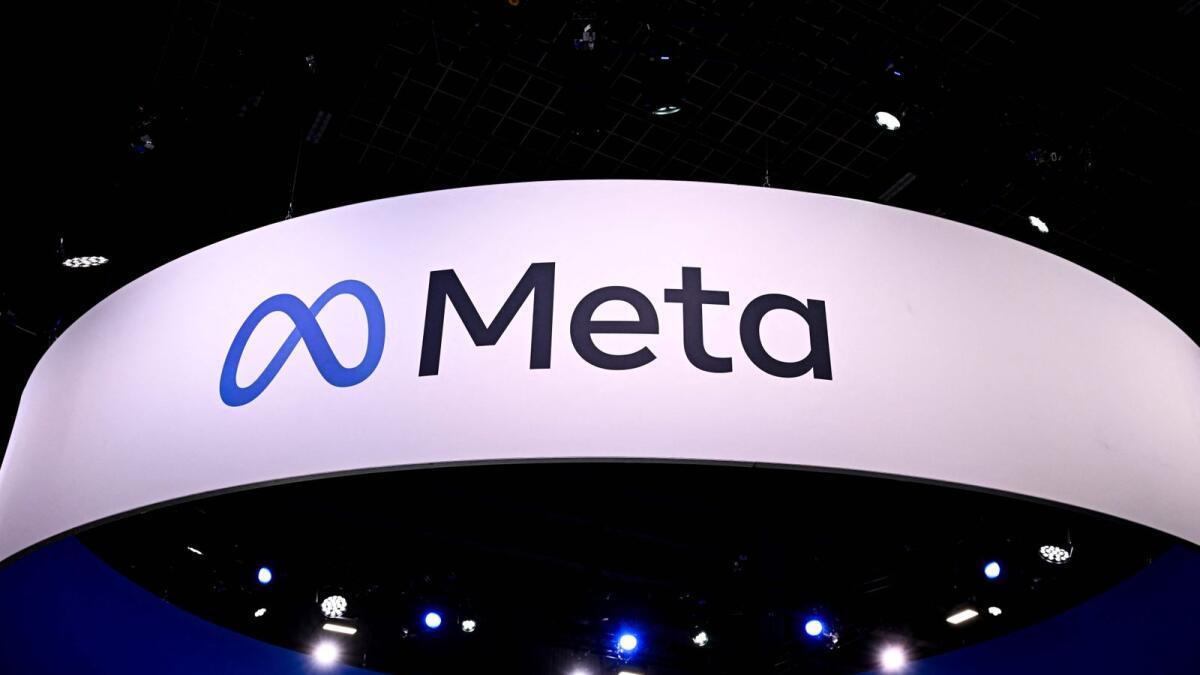
Meta Scales Back Its Diversity, Equity, And Inclusion Initiatives - What Does That Mean For Corporate America?
Will other corporates follow Meta's lead?
In times of economic uncertainty, corporations often look to industry leaders for cues. META's move may embolden other companies to reevaluate or reduce their DEI programmes, particularly if they perceive these initiatives as non-essential expenses. If this becomes a trend, it could signal a paradigm shift where the focus shifts from social responsibility to cost-cutting and efficiency, prioritising short-term profits over long-term societal impact.
However, there is also the risk of backlash. Companies seen as abandoning DEI may face reputation damage, lose customer loyalty, or struggle to attract top talent in a competitive labour market that values inclusion. It remains to be seen whether the potential financial savings outweigh the broader costs.
The Socio-Economic Impact of Scaling Back DEI
1. Impact on Small Vendors and Suppliers:
DEI programmes often include supplier diversity initiatives, which ensure opportunities for minority-owned and women-owned businesses. Scaling back on DEI could mean fewer opportunities for these small vendors, reducing their access to lucrative contracts and growth potential. This could widen economic disparities and stifle entrepreneurship among historically marginalised groups.
2. Challenges for Fresh Graduates:
The job market is already challenging for recent graduates, particularly those from underrepresented communities. DEI initiatives often include campus recruitment efforts aimed at creating pathways for diverse talent. Without such programmes, the gap between graduates and employers may widen, leaving many young professionals struggling to find opportunities despite their qualifications.
3. Higher Education in the Crosshairs:
American colleges and universities, which are already grappling with declining enrolment and rising costs, could face additional challenges. Families invest heavily in higher education, often taking on significant debt in the hope of securing well-paying jobs for their children. If companies deprioritise DEI and reduce their outreach to diverse institutions, the return on investment for higher education could diminish, creating a crisis of confidence in the system.
4. Widening Economic Inequality:
DEI programmes have served as a tool for narrowing income gaps and creating equitable opportunities. Scaling back these efforts could reverse progress, exacerbating systemic inequalities. This could lead to greater socio-economic divides, with long-term consequences for social cohesion and economic growth.
A New Era for Corporate America?
If this shift represents a new era, it raises fundamental questions about the role of corporations in society. Should businesses prioritise shareholder value at the expense of societal well-being? Or is it possible to strike a balance between profitability and inclusivity?
The Path Forward: Questions to Consider
1. Will corporations that follow Meta's lead face societal pushback or market-driven penalties for abandoning DEI?
The reaction of consumers, investors, and employees will play a critical role in determining whether this trend is sustainable.
2. How can small vendors and minority-owned businesses adapt if corporate diversity programs diminish?
These businesses may need to explore new markets or innovate to remain competitive in a less supportive environment.
3. What can universities do to better align with evolving corporate needs?
Higher education institutions might need to rethink their value proposition, focusing on skills-based training and stronger industry partnerships.
4. How will communities address the potential increase in economic disparities?
Government policies, nonprofit organizations, and local initiatives may need to step up to fill the void left by corporations.
Conclusion: A Tipping Point
Meta's decision to scale back DEI efforts is a wake-up call. It challenges us to think critically about the future of corporate responsibility and its intersection with societal progress. Whether this marks the start of a widespread retreat or a momentary recalibration, the stakes are high-not just for businesses but for the broader socio-economic fabric of the United States.
The question remains: Will this shift lead to a more efficient corporate landscape, or will it set back decades of hard-won progress in diversity and equity? Only time-and the choices made by other organisations-will tell.
Pankaj Gupta is the Executive Director of BNI Deira Dubai

Legal Disclaimer:
MENAFN provides the
information “as is” without warranty of any kind. We do not accept
any responsibility or liability for the accuracy, content, images,
videos, licenses, completeness, legality, or reliability of the information
contained in this article. If you have any complaints or copyright
issues related to this article, kindly contact the provider above.


















Comments
No comment